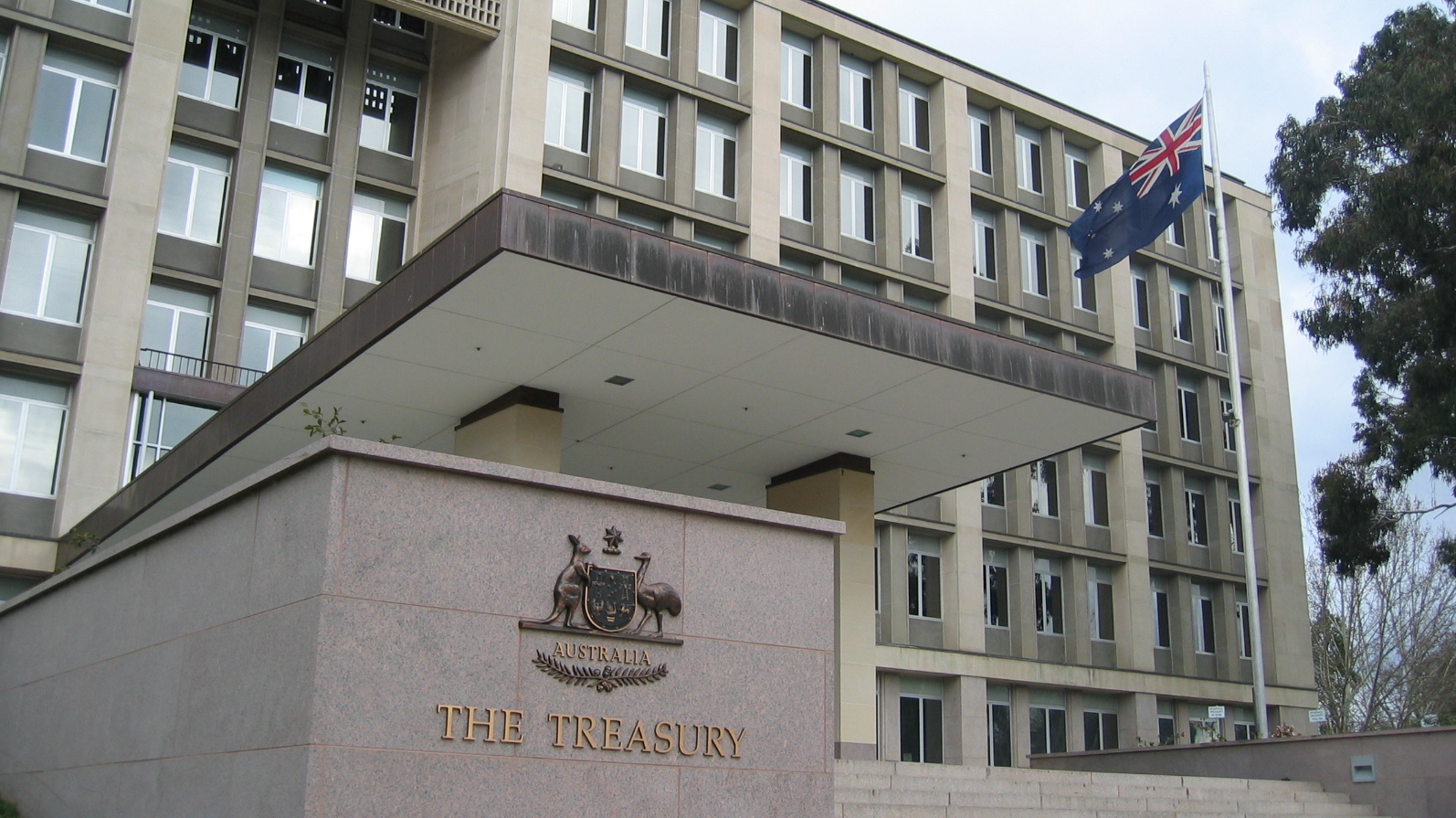A breakdown of the proposed changes to the ESS disclosure regime.
On Tuesday the 13th of November 2018 the Government announced some proposed changes to the ESS Limit in the ASIC class order for unlisted companies and an exemption from disclosure under the Corporations act.
What does this mean?
If you have an employee share scheme you need to comply with exemptions in the Corporations Act (e.g. offering to only senior employees or senior employees and less than 20 employees in any 12 month period). The 20 employee exemption is capped at $2mil.
When companies have more than 20 employees they also need to rely on the ASIC Class order exemption. This limit is currently capped at $5,000 meaning unlisted companies can only make share or option grants to employees that have a value of $5,000 or less (after they’ve made grants to senior people and 20 other employees under the other exemptions).
If companies don’t comply with the $5,000 cap then they need to complete a prospectus or disclosure document, both of which can be costly. At present most companies do not rely on this ASIC Class Order, especially in the start-up world where equity is being used to top up some of an employee’s salary – the limit is just too low.
Who would benefit from this change?
This change would potentially affect both the owners and employees of unlisted start-ups and SMEs that have implemented or are thinking about implementing an employee share scheme.
Essentially, this change would mean that those companies that qualify for the ASIC relief would be able to offer up to $10,000 worth of value in shares or options before needing to adhere to the ASIC prospectus filing requirements.
This increase may help SMEs with their employee ownership. However, it is unlikely to help more mature startups with larger employee bases where equity is being used as a top-up to salary.
There isn’t much detail surrounding the other proposed changes as yet, but it looks like they may be to do with a more general disclosure in the Corporations Act. This may increase the number of employees that companies can offer equity to without a prospectus. Ideally there would be no limit on this number so as to help all companies, especially startups and SMEs.
The inside scoop
Employee Ownership Australia (EOA) has been advised by Treasury that the department is aware of the limitations and regulatory burdens faced by start-ups and SMEs that implement employee share plans.
EOA understands that Treasury will be undertaking a consultation process in the near future to investigate these issues.
In these consultations EOA will continue to be a strong advocate for the simplification and coordination of the rules that govern how start-ups and SMEs offer shares to employees.
What more can be done?
It’s great to see the Government focus on reforming the regulatory framework that governs how shares are offered in the unlisted market.
There are still a number of opportunities available that would significantly improve the regulatory environment. We believe the current rules which deal with the buyback of shares of unlisted companies should be a priority of any future proposed changes.
The restrictions that unlisted companies face when trying to create a market for employees to dispose of shares can be a big factor in limiting the provision of employee equity.
Summing up
EOA supports the Government’s acknowledgment that the current regulatory regime is too complex and fragmented.
We believe, as the Government acknowledges, that the system does discourage businesses from offering employee share schemes.
EOA would value any future opportunity to work with Government to assist in the development of a regulatory framework to promote effective employee ownership to unlisted companies.
Further resources
EOA offers an online training module ‘Getting Started With Employee Ownership’, an easy to understand guide for implementing employee ownership for start-ups and SMEs.
Click here for our article that breaks down the 2017 report from the Office of the Chief Economist in relation to employee share schemes, The performance and characteristics of Australian firms with Employee Share Schemes.
Click here to access the press release from the Treasurer, the Honourable Josh Frydenberg MP, and the Minister for Small and Family Business, Skills and Vocational Education, Senator the Honourable Michaelia Cash.

